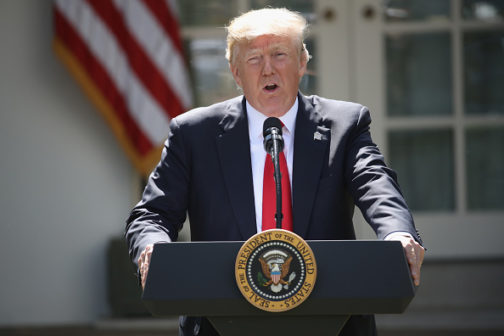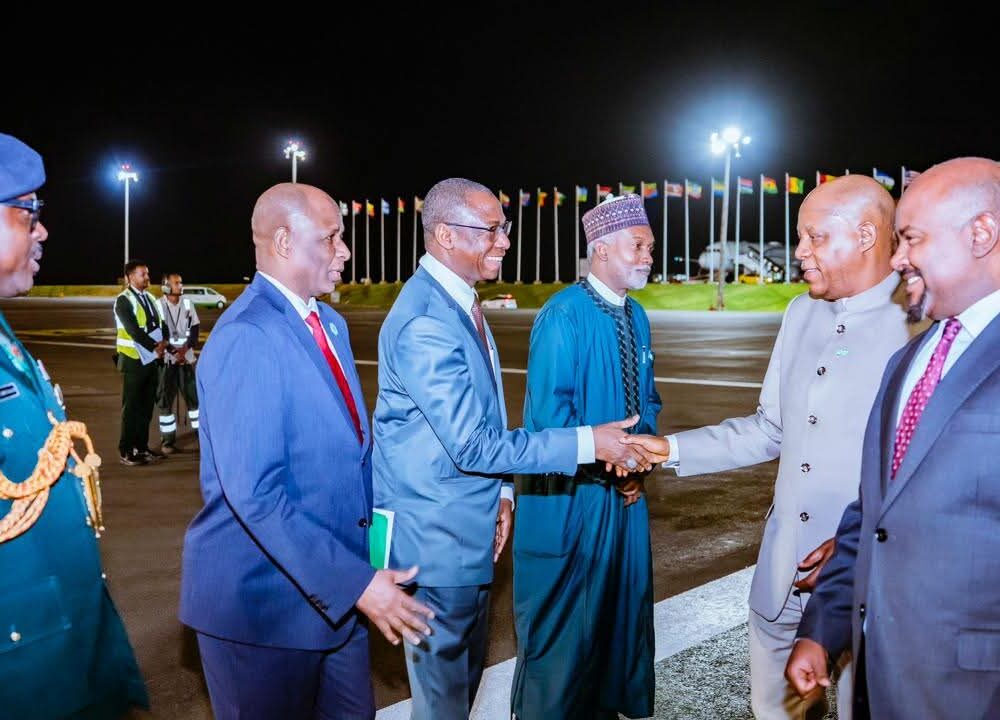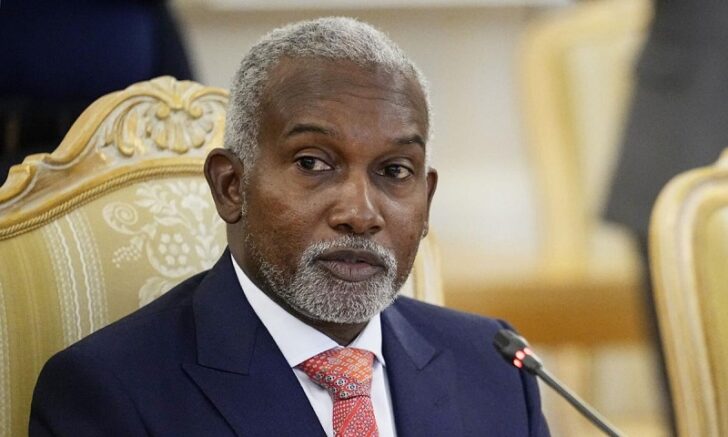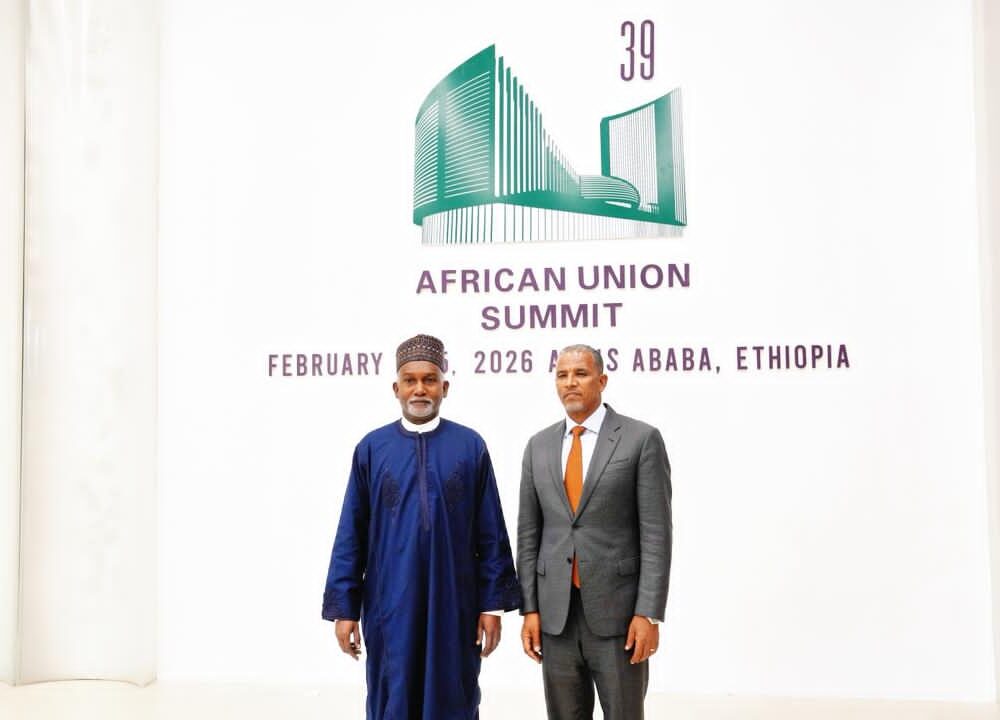In a dramatic policy shift aimed at reviving America’s struggling film industry, U.S. President Donald Trump has announced a 100% tariff on all films produced outside the United States. The move, which has sent shockwaves through global entertainment circles, is framed by Trump as a national security measure to combat foreign influence and propaganda.
Announcing the decision via his Truth Social account on Sunday, Trump said, “This is a concerted effort by other nations and, therefore, a National Security threat. It is, in addition to everything else, messaging and propaganda.”
The U.S. Department of Commerce has been directed to implement the tariffs immediately, though details on enforcement mechanisms remained unclear. Questions linger on whether the tariffs will apply to box office revenue, streaming content, production expenses, or film licensing.
Commerce Secretary Howard Lutnick responded on X (formerly Twitter), simply stating, “We’re on it,” without further clarification.
Major industry players, including Netflix, Disney, and Universal Pictures many of whom now produce a significant share of their content abroad are anxiously awaiting further guidance. The Motion Picture Association has yet to issue an official response, while production houses are already reassessing their international operations.
The global film industry is projected to spend over $248 billion on content in 2025, with nearly half of all high-budget productions (over $40 million) being filmed outside the U.S., according to research firm ProdPro.
Hollywood’s domestic output has plunged by 40% in the past decade, with states like California losing out to tax-incentivized locations such as Canada, the U.K., and Eastern Europe. Natural disasters, like the January wildfires in Los Angeles, have further complicated recovery efforts for local film workers and technicians.
Nigeria, whose Nollywood industry has made inroads into U.S. streaming markets, may feel the ripple effects of this policy especially in export ambitions and collaborative productions with U.S. media companies.
Earlier this year, Trump appointed Hollywood veterans Jon Voight, Sylvester Stallone, and Mel Gibson to advise on revitalizing the American movie scene. However, industry insiders fear the tariff move may disrupt global trade, deepen market instability, and trigger a U.S. recession.
With no clear roadmap yet, stakeholders across the global entertainment landscape remain in suspense as the Trump administration doubles down on its “America First” approach this time, at the heart of pop culture and storytelling.





